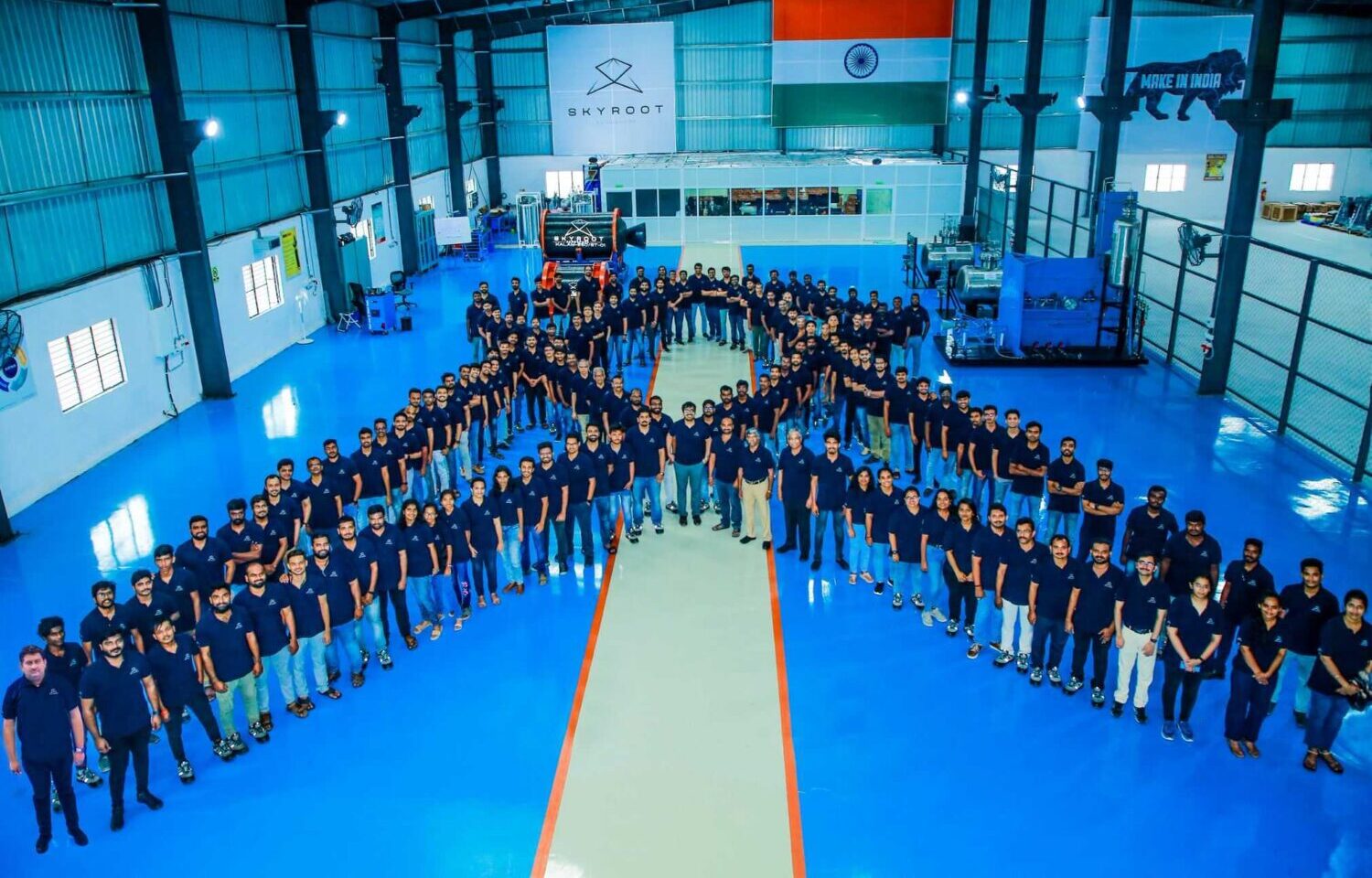If you think rockets are only built by governments, think again. In a quiet Hyderabad lab, a startup is rewriting the rules for fast, light, and private space access. Meet Skyroot Aerospace, the company that is giving ISRO some friendly competition and putting India on the global space tech map.
A Launchpad for Change
Founded in 2018 by two former ISRO scientists, Pawan Kumar Chandana and Naga Bharath Daka, Skyroot’s mission is clear: make space more accessible, especially for small satellites. Traditional rockets take months to launch and cost a fortune. Skyroot wants to change that—think plug-and-play but for space missions.
And they’re not just talking. They’re launching.
Vikram Rockets: Simple, Fast, Flexible
Skyroot’s rocket family is named after Vikram Sarabhai, the father of India’s space program. There are three main variants:
- Vikram I: Can carry up to 480 kg to low Earth orbit. Fully assembled and launched in just 24 hours.
- Vikram II & III: Designed for heavier payloads—up to 815 kg—these rockets still require minimal infrastructure and prep time.
Each rocket is modular, built with 3D-printed parts, and powered by engines named after Indian missile pioneers like Kalam-100 and Kalam-250. The idea? Keep it light, fast, and adaptable.
Breaking Records (and Sound Barriers)
In November 2022, Skyroot made history by launching Vikram-S, the first privately developed rocket in India. It was a suborbital flight, but a giant leap for Indian spacetech. The mission, aptly named Prarambh (“the beginning”), proved private companies could do what once only ISRO could.
Since then, it’s been a series of milestones. Successful engine tests. Pressure trials. Most recently, in April 2025, a clean test-firing of the Kalam-100 stage – bringing Vikram I closer to its full orbital launch.
Investors Are Watching Closely
Skyroot isn’t just winning on the tech side. It’s raking in funding too. In October 2023, it secured $27.5 million from Singapore’s Temasek, pushing total funding to $95 million. That makes it India’s most-funded spacetech startup—a clear sign that serious players believe in Skyroot’s vision.
Why It Matters to You
The space economy is exploding, and low-cost satellite launches are the fuel. From internet connectivity to climate tracking, small satellites power the tools we use daily. If Skyroot succeeds, it won’t just launch rockets—it’ll launch businesses, data systems, and entire industries.
India’s space journey just got a powerful new engine. And it’s private, nimble, and aiming for the stars.
Also Read: New Pamban Bridge, Rekindles Debate Around Ram Setu’s Name and Origins
























